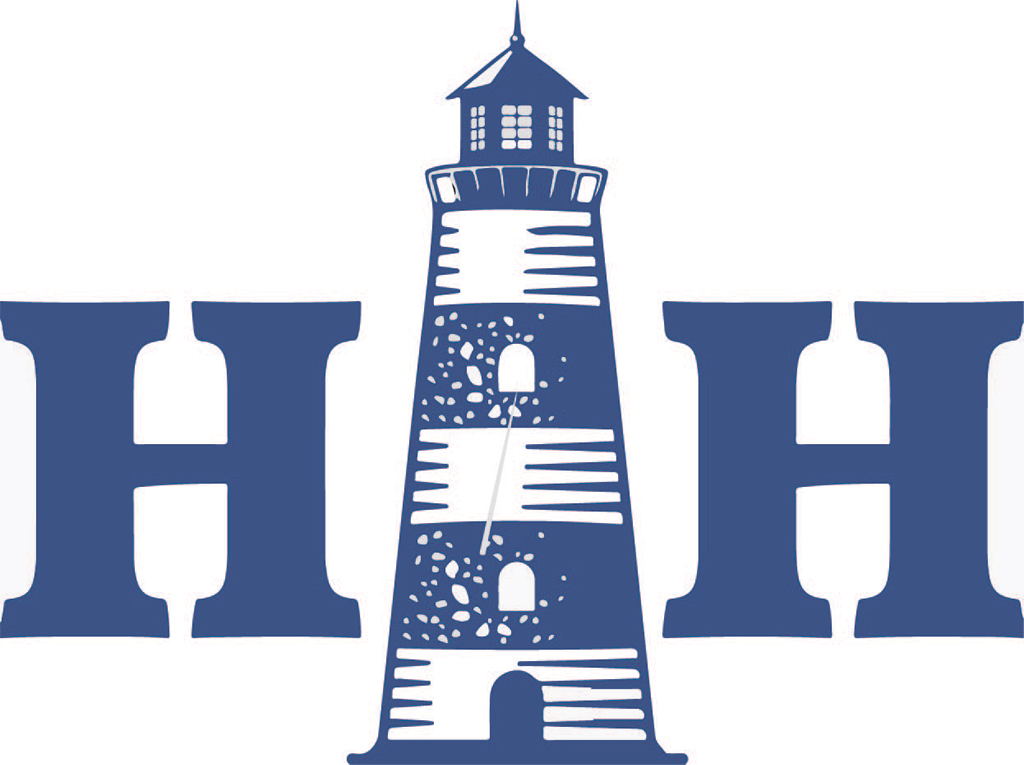Recovering from substance abuse is a challenging journey that requires a multifaceted approach, including professional therapy, support groups, and personal effort. Among the many resources available, self-help books can be powerful tools for personal growth in recovery. They offer insights, strategies, and motivation to help individuals navigate the complex process of healing and rebuilding their lives. At Harmony Harbors, we believe in the value of incorporating self-help books, sobriety books, and substance abuse books into your recovery toolkit.
The Role of Self-Help Books in Recovery
Self-help books provide valuable information and practical advice on various aspects of recovery. They can help you understand the nature of addiction, develop coping mechanisms, and find inspiration through the experiences of others. Here are some key benefits of using self-help books during your recovery journey:
- Knowledge and Understanding: Self-help books offer in-depth knowledge about addiction and recovery. They can help you understand the underlying causes of substance abuse and the psychological and emotional challenges involved in overcoming it.
- Practical Strategies: Many self-help books include practical strategies and exercises to help you manage cravings, deal with triggers, and develop healthier habits. These tools can complement the work you do with your therapist or counselor.
- Inspiration and Motivation: Reading about others who have successfully navigated recovery can be incredibly inspiring. Sobriety books often include personal stories of resilience and triumph, which can motivate you to stay committed to your own recovery journey.
- Emotional Support: Self-help books can provide a sense of companionship and support, especially during times when you may feel isolated or discouraged. Knowing that others have faced similar struggles can help you feel less alone.
Integrating Self-Help Books into Your Recovery Plan
To get the most out of self-help books, integrate them into your overall recovery plan. Here are some tips:
- Set Aside Time: Dedicate regular time for reading and reflecting on the material. This can be part of your daily routine, such as reading for 30 minutes in the morning or before bed.
- Take Notes: Keep a journal to jot down key insights, strategies, and exercises from the books. Reflecting on these notes can reinforce your learning and help you apply the concepts to your life.
- Discuss with Others: Share what you’re learning with your therapist, counselor, or support group. Discussing the material can deepen your understanding and provide additional perspectives.
- Apply the Strategies: Actively apply the strategies and exercises from the books to your daily life. Practice new coping mechanisms, set goals, and track your progress.
Check Out Our Resources
Self-help books, sobriety books, and substance abuse books are valuable resources that can support your personal growth in recovery. They provide knowledge, practical strategies, inspiration, and emotional support to help you navigate the complexities of overcoming addiction. At Harmony Harbors, we encourage you to explore these books as part of your comprehensive recovery plan. Remember, the journey to sobriety is a continuous process of learning and growth, and self-help books can be powerful tools to guide you along the way.

